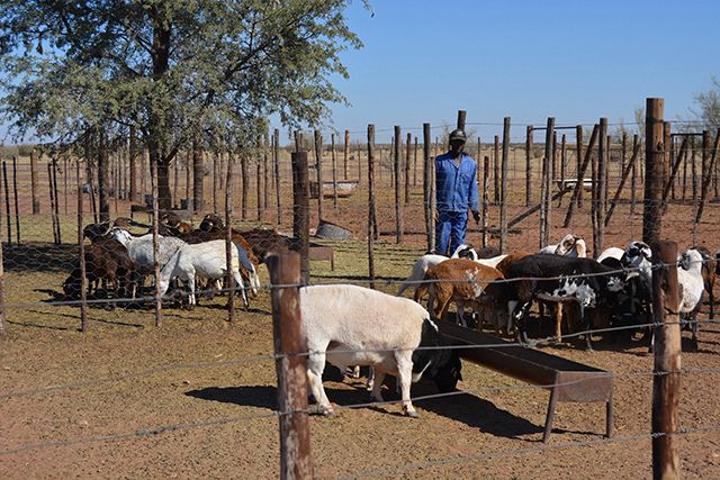Africa-Press – Namibia. Farmers in the Omaheke region are concerned about the government’s recently updated national minimum wage bill.
They say it has placed significant strain on the farming sector, particularly in rural areas.
Speaking during an engagement with president Netumbo Nandi-Ndaitwah last week, a farming spokesperson, Karin Metzger, highlighted the unintended consequences of the wage increase, which she said might undermine the goals the policy seeks to achieve.
“While the intention behind the national minimum wage bill is commendable, the reality for farmers is far from ideal. The wage hikes are creating financial pressure across the farming industry, whether it’s communal, emerging or commercial farms. As we strive to ensure food security and job creation, the costs associated with this policy are becoming unsustainable,” she said.
According to her, farmers should be allowed to deduct certain in-kind services such as accommodation and food, adding that they form part of the cost to the company.
“This adjustment could ease financial pressure while still ensuring fair compensation for workers,” Metzger said.
The national minimum wage bill, which came into effect in January, mandates that all workers in Namibia receive a minimum wage of N$18 per hour.
Domestic workers are to receive N$12 per hour, while agricultural workers are to receive N$10 per hour effective 1 January; N$14 per hour effective 1 January 2026 and N$18 per hour, effective 1 January 2027.
According to Metzger, young people, particularly those who left school early without formal qualifications, are struggling to find work on farms. Many of these individuals, she argued, are unable to find opportunities in other sectors due to their lack of skills and qualifications.
“We’re seeing a generation of young Namibians locked out of the job market. The wage increases might sound good in theory, but in practice, they are preventing the very people who need these jobs the most from finding work,” she said.
The farmer emphasised that the rising costs have also made farmers hesitant to diversify into more labour-intensive agricultural activities that could generate additional employment opportunities.
This, she warned, could stunt the growth of Namibia’s rural economy, leaving many communities dependent on a shrinking number of available jobs.
For More News And Analysis About Namibia Follow Africa-Press






